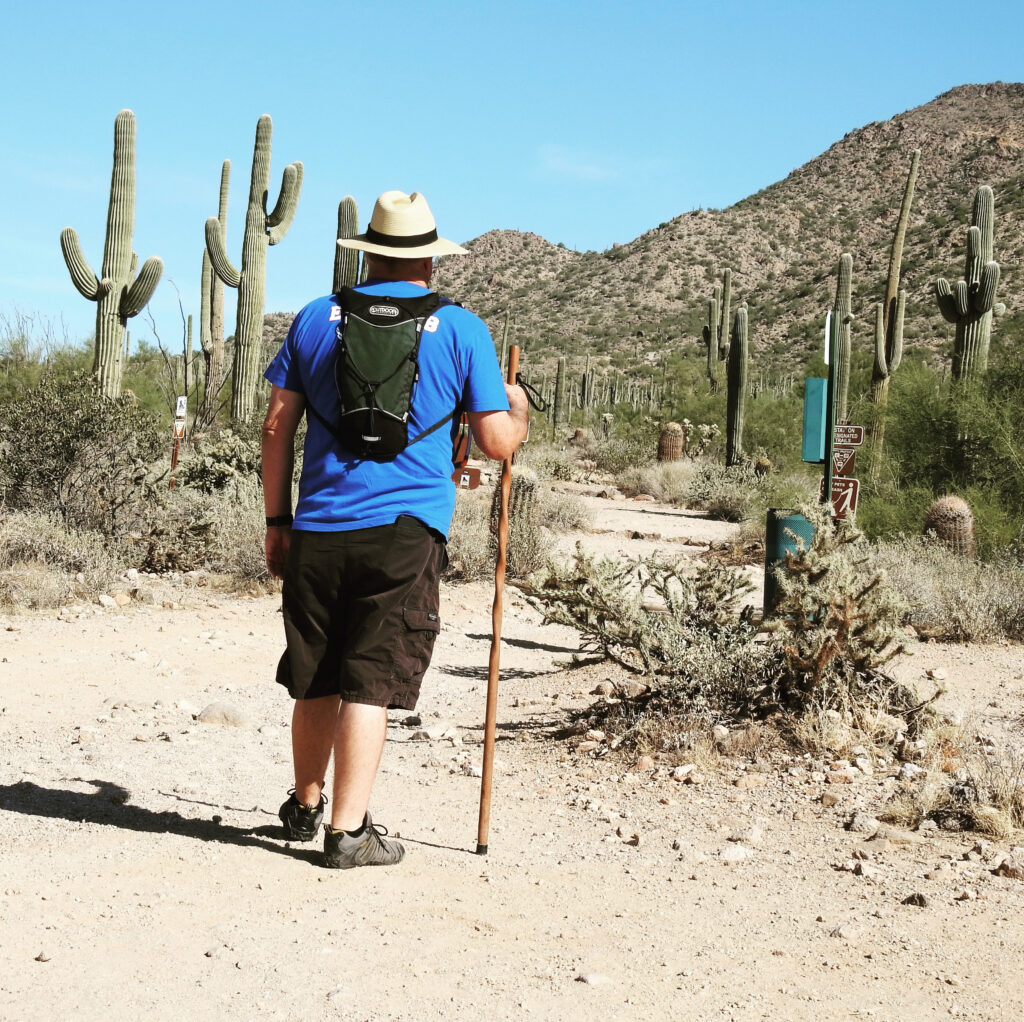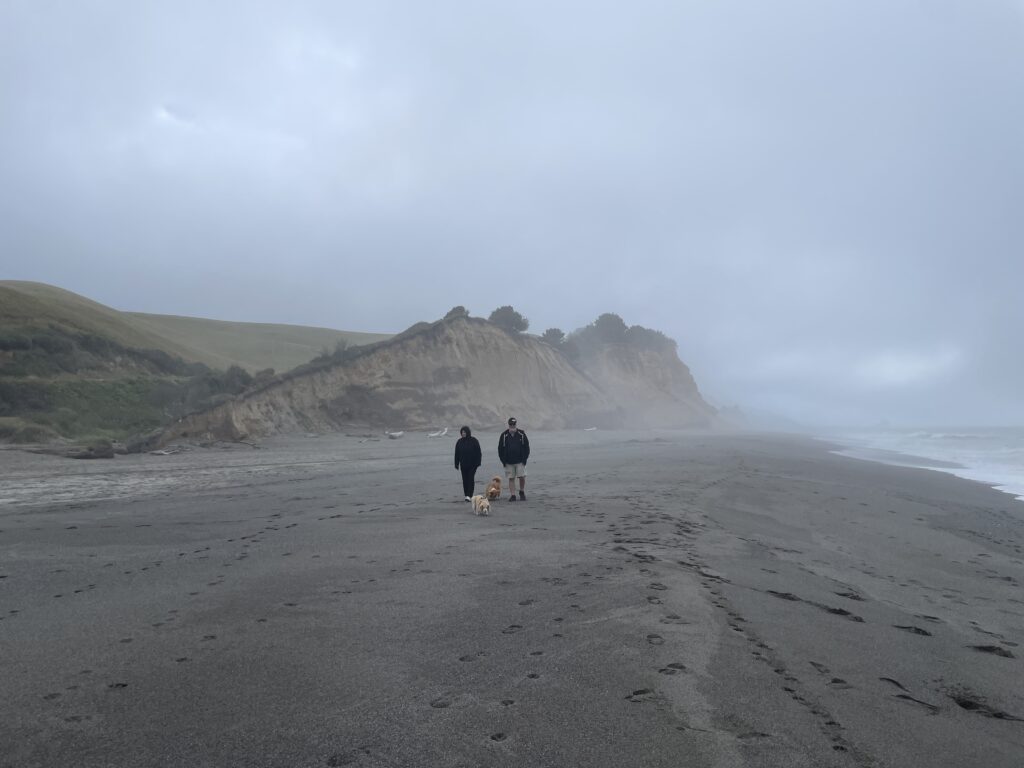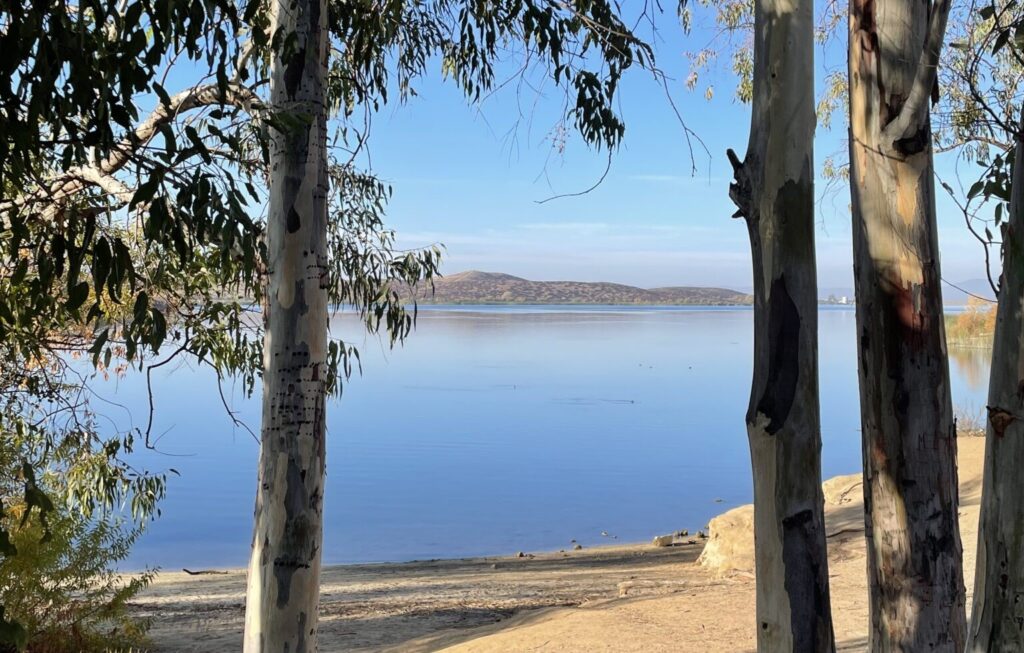Hit the Trail and Pitch Your Tent: A Guide to Safe and Respectful Camping and Hiking
The call of the wild is strong for many outdoor enthusiasts. Fresh air, stunning views, and the crackling campfire – camping and hiking offer an escape from the everyday and a chance to reconnect with nature. But keep in mind venturing into the wilderness requires preparation, respect, and a focus on safety. We are listing some of the more critical points that should help you prepare for your adventure. Please note that this is just a general list of tips. It is important to do your own research and be prepared for the specific conditions you will encounter on your trip.
Planning Your Adventure: Preparation is Key
Before you even lace up your boots for a trek into the wilderness, careful planning is crucial:
- Choose your destination wisely: Research the area, including terrain, weather forecasts, and potential hazards (wildlife, elevation changes, etc.).
- Ask a Ranger: If you are hiking in a State, Federal or County park, it is a good idea to talk to a ranger for advice or recommendations.
- Wildlife: Find out if there are specific campgrounds and trails that you may encounter animals such as bears, mountain lions, or any other indigenous creature.
- Check for permits or reservations that might be required.
- Have a back up plan: Be prepared if the area is too crowded, park closures, the location is beyond your skill level, or not as expected.
- Pack appropriately: This includes:
- Bring some cash, many remote areas do not accept credit/debit cards.
- Get directions: Maps, compass, GPS device, and extra batteries.
- Protection: Sunscreen, insect repellent, hat, sunglasses.
- First-aid: A well-stocked kit and knowledge of how to use it.
- Gear: Sturdy hiking boots, appropriate clothing layers, rain gear, tent, sleeping bag, cooking equipment, and a reliable water filter or purification tablets.
- Food and water: Enough for the duration of your trip, plus extra in case of delays.
- Tell someone your plans: Inform a friend or family member of your itinerary, including your route, expected return time, and emergency contact information.
On the Trail: Hiking Safety and Best Practices
- Stay on marked trails: This minimizes your impact on the environment and reduces the risk of getting lost. Trails have been created and planned for the best experience and minimal impact on the environment.
- Pace yourself and know your limits: Don’t push yourself too hard, especially at high altitudes. Take regular breaks and stay hydrated.
- Be aware of the weather: Conditions can change rapidly in the mountains, the desert or coastal areas. Be prepared for sudden shifts in temperature, rain, or even snow.
- Watch your footing: Be mindful of uneven terrain, loose rocks, and slippery surfaces.
- Leave no trace: Pack out everything you pack in, including trash, food scraps, and even biodegradable items like fruit peels. For instance, banana peels are harmful to many animals.
Setting Up Camp: Camping Safety and Campground Etiquette.
- Choose a designated campsite: Where possible, use established campsites to minimize impact on the surrounding environment.
- Set up your tent on level ground: Clear the area of any rocks, branches, or other debris.
- Camping Protocols: Walking through other occupied campsites is not acceptable. Keep all pets on a leash and minimize barking. Adhere to quiet hours. Not everyone may appreciate your taste in music. Keep all your camping equipment limited to your designated site. It’s always a good idea to make sure your children are aware of camping etiquette.
- Keep a clean campsite: Store food in airtight containers and properly dispose of waste to avoid attracting wildlife. If you’re in bear country always use designated bear lockers when provided.
- Build campfires responsibly: Check for fire restrictions before you go. Many areas do not allow outside wood for fear of unwanted infestation. Check if you need to buy wood at your site. And again, bring cash, many campgrounds do not accept credit/debit cards. Use existing fire rings as required. Never leave a campfire unattended and ensure it is completely extinguished before bedding down for the night or leaving your site.
- Your actions and behavior matters: Be kind and respectful to park staff and volunteers. Be patient with others around you. We encounter many people who have traveled great distances or are first time visitors to the area. Some didn’t speak English so be cognizant of that.
Respecting Nature and Wildlife: Leave it as You Found It
- Observe wildlife from a distance: Do not approach, feed, or harass animals. Keep a safe distance and use binoculars for closer viewing.
- Do not disturb plants or natural features: Leave flowers, rocks, and other natural objects where you find them.
- Minimize noise pollution: Keep noise levels down to avoid disturbing wildlife and other campers.
- Respect private property: Obtain permission before crossing private land.
- Take photos that last forever: Keep in mind that it is illegal to remove anything in most National and State parks. Instead of removing something interesting you found, take a memorable picture, this way other people can enjoy it too.
- Clean up after yourself: Bring back what you took in. This ensures a clean environment for others to enjoy. You should have pet waste disposal bags, or bury pet waste along the trail. We bring a small trash bag with us for our waste and use it to clean up after others.
Tips for a More Enjoyable Experience: wilderness and wildlife ethics
- Learn basic navigation skills: Knowing how to use a map and compass can be invaluable in the wilderness. Rei has information on how to use a compass.
- Utilize the National Park Service for safety tips, camping, and enjoying the outdoors.
- Practice Leave No Trace principles: Familiarize yourself with the seven principles of Leave No Trace: Plan ahead and prepare, travel and camp on durable surfaces, dispose of waste properly, leave what you find, minimize campfire impacts, respect wildlife, and be considerate of other visitors.
- Enjoy the silence: Take time to appreciate the peace and quiet of nature.
By following these guidelines, you can ensure a safe, enjoyable, and responsible camping and hiking experience, leaving the wilderness as pristine as you found it for generations to come. So, pack your bags, lace up your boots, and answer the call of the wild – responsibly.


